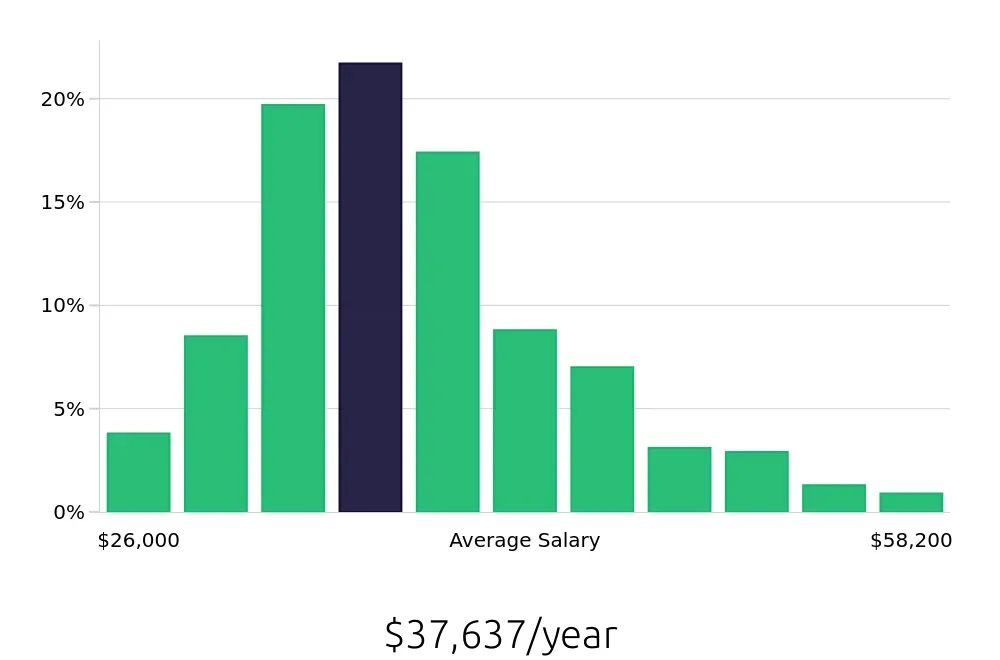Position
Overview
A Security Guard is responsible for ensuring the safety and protection of people and property. They monitor premises using cameras, conduct patrols, and respond to incidents. This role requires staying alert and observant, with the ability to handle emergencies effectively. Security Guards often work in shifts and may need to handle various situations, from preventing theft to managing crowds.
Duties typically include controlling access to the premises, reporting any suspicious activities, and maintaining order. They also interact with staff and visitors, providing a presence that deters criminal activities. Effective communication skills and the ability to work under pressure are essential. Security Guards must follow all legal and company protocols to maintain a secure environment.
This role demands physical fitness, as it often involves standing for long periods, and sometimes lifting equipment. Strong attention to detail and the ability to write clear reports are also important. Whether in retail, commercial, or industrial settings, a Security Guard plays a crucial part in maintaining a safe workplace.
Becoming a security guard involves several steps to ensure one is fully prepared for the role. This career path requires dedication and adherence to specific guidelines to maintain safety and security. Following the right steps can help an aspiring security guard successfully enter this vital profession.
The journey begins with meeting the basic eligibility criteria. These criteria often include being at least 18 years old, having a high school diploma or GED, and having no criminal record. Each state may have slightly different requirements, so it is important to check local regulations. Completing a background check is essential to ensure one can perform the duties safely and responsibly.
The path to becoming a security guard varies based on several factors. Generally, the training required takes about 40 hours. This includes both classroom instruction and hands-on experience. The actual training time might differ from one state to another. It usually covers topics such as legal responsibilities, emergency procedures, and conflict resolution.
After completing the training, individuals need to pass a background check and other assessments. This process can take anywhere from a few weeks to a couple of months. Once all requirements are met, the new security guard can start their career. The journey to becoming a security guard is straightforward and achievable for many individuals looking to enter this vital field. This role offers stability and the chance to make a real difference in communities.
The Security Guard is responsible for ensuring the safety and security of people, property, and assets within the premises. The role involves monitoring surveillance equipment, conducting regular patrols, and responding to incidents as they arise.
Responsibilities:
Qualifications
A career as a security guard offers a mix of interesting tasks and opportunities. This job often involves patrolling a specific area to keep it safe. It may also include monitoring surveillance systems and checking for any suspicious activities. It can be a good choice for those who enjoy helping others and ensuring safety. The work environment can vary from offices to shopping malls, warehouses, or even airports.
Working as a security guard has both advantages and disadvantages. Consider these pros and cons before pursuing this career.
Security Guard positions offer a steady career path with stable job prospects. The Bureau of Labor Statistics (BLS) reports an average of 151,700 job positions available each year. This figure suggests a reliable number of opportunities for those interested in this field.
Despite a projected job outlook change of -1.3% from 2022 to 2032, the field of security guarding remains a solid choice for job seekers. This slight decrease does not diminish the importance of the role security guards play in society. It indicates a consistent demand for these professionals, ensuring a continued need for their services.
In terms of compensation, security guards earn an average annual salary of $40,460, according to the BLS. On an hourly basis, they make about $19.45. These figures provide a clear picture of the financial rewards that come with this career, making it an attractive option for those seeking a stable income.
